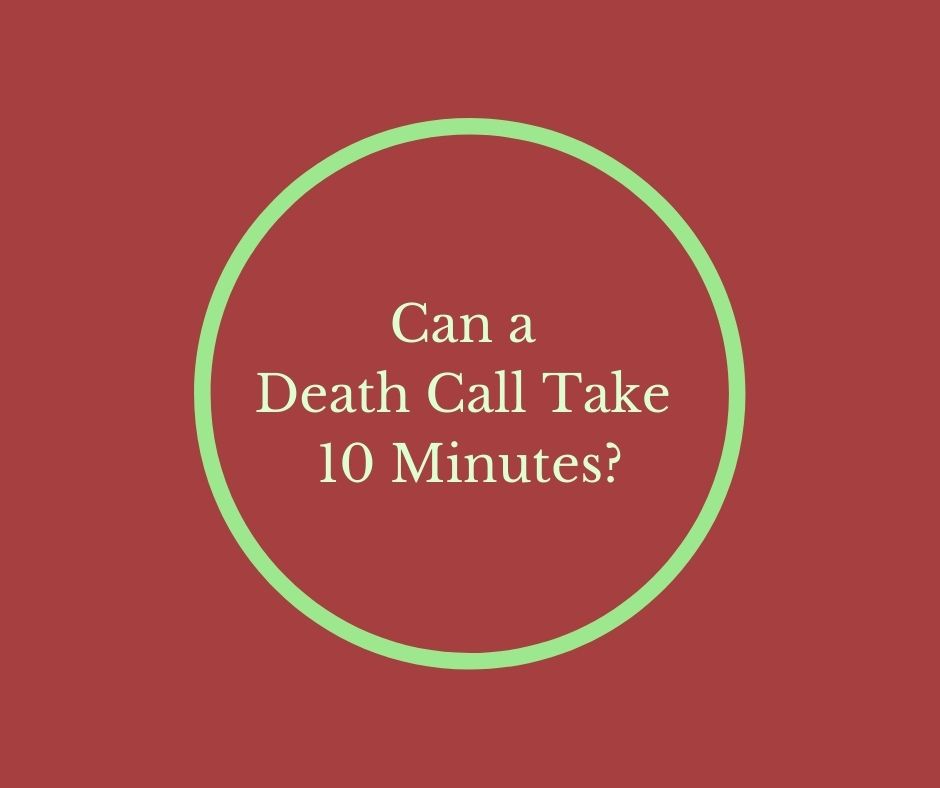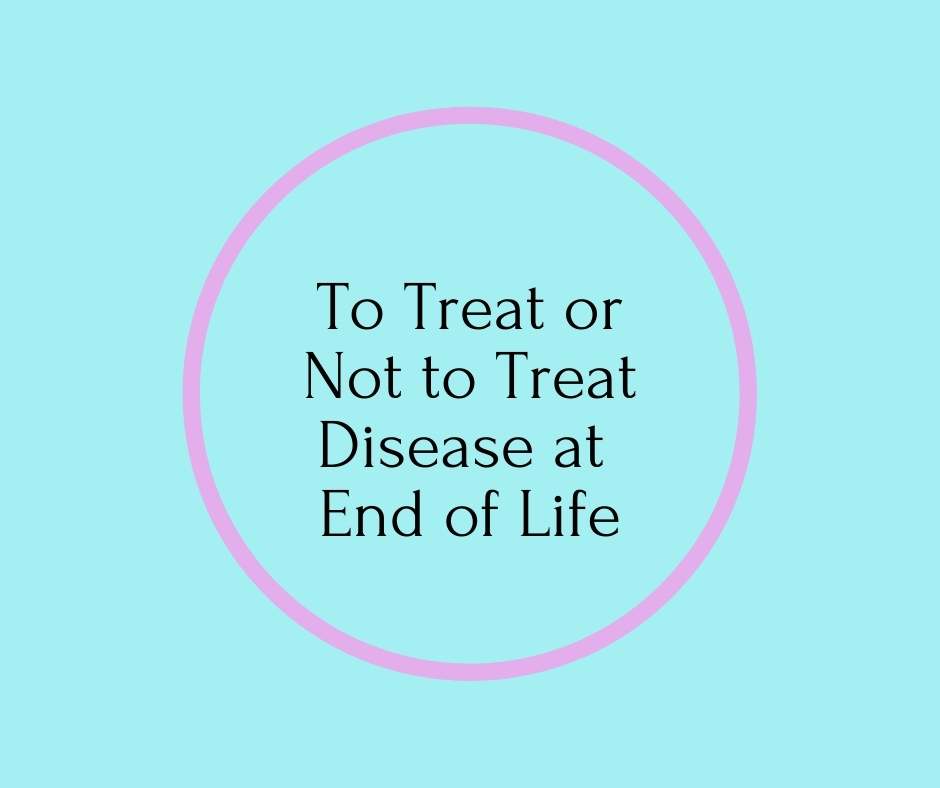Dear Barbara, My mother is 84 with multiple medical issues and increasing cognitive impairment. She has in the past and even now expresses that she no longer wants to keep “exiting” and doesn’t know why she is still alive. I don’t know how to help her.
I hear this frequently from families as their person loses more and more control over their life, as their body and mind becomes weaker. They are unhappy and frustrated with where life has brought them. Many add that they just want it over with.
When the medical establishment has used all of their options to extend life of course we will not be happy with life and living. We may be depressed, angry, often in denial and even bargain with ourselves—-all the avenues of grief—-because we are grieving. We are grieving the loss of our physical agility, our habits, our interaction with our life as we know it, our normal, and, ultimately, our very life.
Unfortunately, her life is what it is. What you can do is try to make her present, her "each day," as good as you can. What does "good" mean? Visiting with her, taking her for a ride, reading to her, watching TV with her, sharing a coffee and donut. It doesn't have to be fancy, just simple, together moments.
With cognitive impairment the best we can do is make the present the specialness (but really the present is all any of us have).
Most of us are fix-it personalities and want to fix situations. There isn't really any fixing here. It is making the most of each moment. If she asks "why am I still alive? I don't want to be." One simple answer, "You are. How can we make this time more comfortable for you?”
You both have a challenging time ahead of you. Your gift is to love her through it.
Something More about... Caring for a Mom With Multiple Medical Issues
I encourage you to have on hand our End of Life Guideline Series: A Compilation of Booklets. This bundle takes you from life-limiting diagnosis to grief. It will help for Mom to read A Time to Live: Living with a Life-Threatening Illness so that she can use this "gift of time" that she has now. It is part of the bundle.








1 comment
MARIA DMARCO
I encountered this situation with my dad, whose stroke had taken his ability to speak away. However, his face/expressions said it all and when I asked him once if he wished had hadn’t been found/survived his stroke, he nodded vigorously. He left after pneumonia ravaged him for a week. I grieved for the needless pain he had to endure as his body struggled to survive.
This post has revived my curiosity about euthanasia practices, and wondered what thoughts you had about helping the dying release from their lifelong grip on survival? My thoughts, fortunately or not, are along the lines of: I don’t force my suffering/dying dog to live through months or years even of terrible pain, loss of self, etc. - I work with my vet to determine if an interactive life is/will be available to them. And depending on that determination, we continue comfort care, or we gently ease their lives to a close.
Thank you.
——-
BK Books replied:
Hi Maria, to address your question of Assisted Dying. Various states have made it legal. What I have found is it is in the months before death that most people think about ending their life. What do I think about that? It is an individual decision. I would like the opportunity to talk with them before hand (that is why counseling is a part of Assisted Dying laws.) What I firmly believe is it is NOT ours to do for another. NOT only is it illegal and considered manslaughter if not murder; most of us are not emotionally strong enough to live with the knowledge we helped kill someone we care about. Yes, we euthanize our animals but the doorway to abuse and misuse is too wide to support indiviudals deciding how much “suffering” is too much. Thank you for asking. You might write your Dad a letter. Put all your thoughts, I wish I could haves, feelings and tears on paper. Burn the letter and scatter the ashes to the wind. Let how well you live your life now be the gift of love and rememberance you give him. Blessings! Barbara
I encountered this situation with my dad, whose stroke had taken his ability to speak away. However, his face/expressions said it all and when I asked him once if he wished had hadn’t been found/survived his stroke, he nodded vigorously. He left after pneumonia ravaged him for a week. I grieved for the needless pain he had to endure as his body struggled to survive.
This post has revived my curiosity about euthanasia practices, and wondered what thoughts you had about helping the dying release from their lifelong grip on survival? My thoughts, fortunately or not, are along the lines of: I don’t force my suffering/dying dog to live through months or years even of terrible pain, loss of self, etc. - I work with my vet to determine if an interactive life is/will be available to them. And depending on that determination, we continue comfort care, or we gently ease their lives to a close.
Thank you.
——-
BK Books replied:
Hi Maria, to address your question of Assisted Dying. Various states have made it legal. What I have found is it is in the months before death that most people think about ending their life. What do I think about that? It is an individual decision. I would like the opportunity to talk with them before hand (that is why counseling is a part of Assisted Dying laws.) What I firmly believe is it is NOT ours to do for another. NOT only is it illegal and considered manslaughter if not murder; most of us are not emotionally strong enough to live with the knowledge we helped kill someone we care about. Yes, we euthanize our animals but the doorway to abuse and misuse is too wide to support indiviudals deciding how much “suffering” is too much. Thank you for asking. You might write your Dad a letter. Put all your thoughts, I wish I could haves, feelings and tears on paper. Burn the letter and scatter the ashes to the wind. Let how well you live your life now be the gift of love and rememberance you give him. Blessings! Barbara